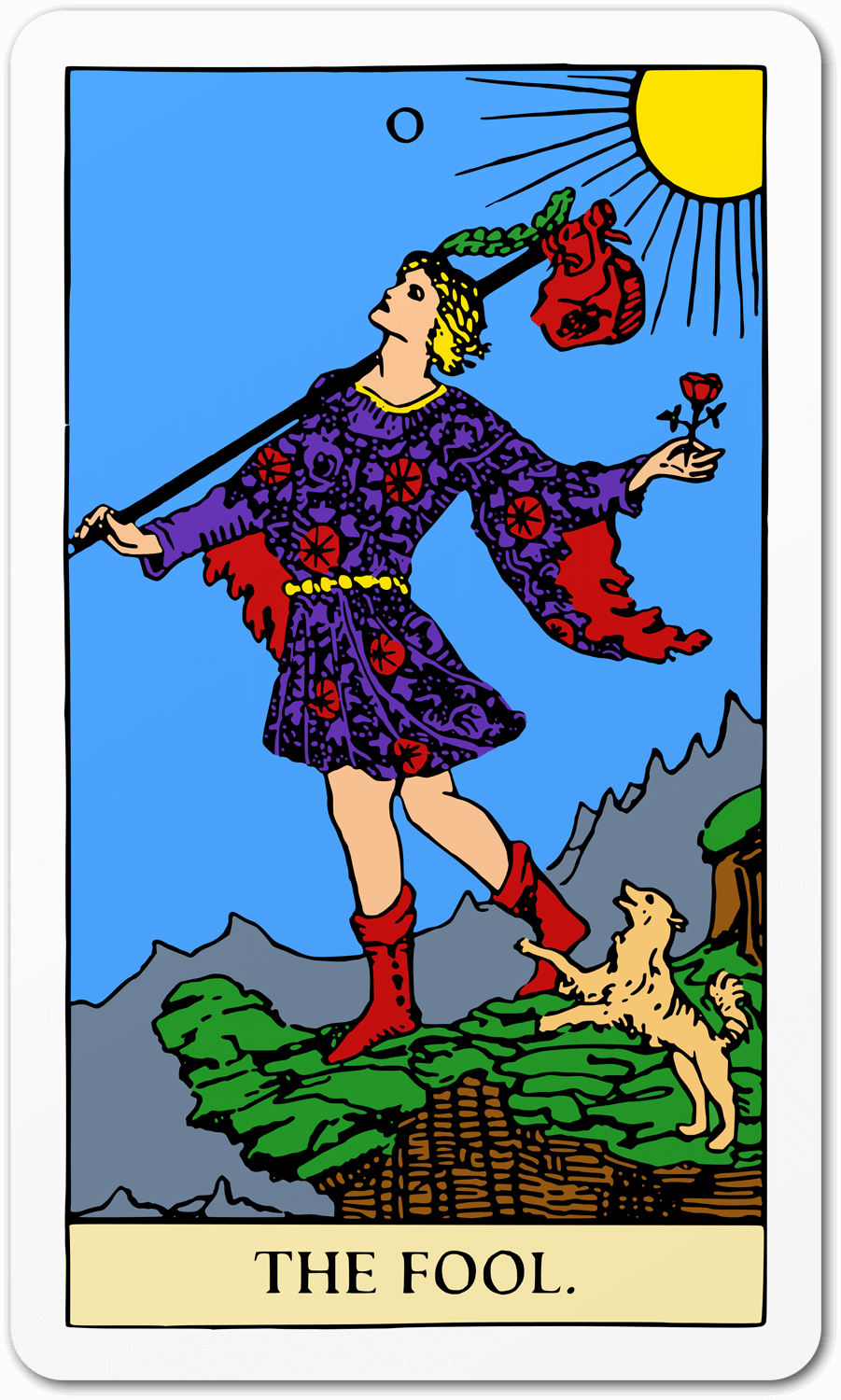Being a Fool aka "Gowk"
Happy April Fool's Day! History of April Fool's Day. Being Seen as a Fool. Playing the Fool. Embracing the Fool in You.

According to the History Channel, April Fools’ Day spread throughout Britain during the 18th Century. In Scotland, the tradition became a two-day event, starting with “hunting the gowk,” in which people were sent on phony errands ("gowk" is a word for cuckoo bird, a symbol for Fool) and followed by Tailie Day, which involved pranks played on people’s derrieres, such as pinning fake tails or “kick me” signs on them.
Being Seen as a Fool
Individuals and groups judged as "fools" are often treated as scapegoats. Scapegoating is when families, groups, even whole societies point a finger of blame at someone in order to duck their own responsibilities, and/or to dump their own unpleasant feelings of hate and shame onto someone they deem as "weak" – unable or unwilling to defend themselves.
Since we're all affected by the energy around us, this blame and shame is easily internalized, especially if it's coming from someone you respect. Yuck. (Soul Medicine can free you from the pattern and past trauma of being scapegoated.)
Playing the Fool
The Court Jester aka The Fool, in court is known for mocking jokes and silly performances - making a Fool of himself for the entertainment of King and courtiers. One can imagine a ruler relying on their Court Jester to to deflect attention and lighten the mood in tense political situations.
The real job of the Court Jester was to tease a King or Queen out of taking themselves too seriously and becoming an autocrat, rather than a confident, empowered leader. It was a gentle or harsh reminder that their ultimate role was not just to serve and aggrandize themselves, but to serve the best interests of their entire realm.
Modern-day comics often serve both of these same functions, for all of us. They often point out hard truths in a comical way and help us ease tensions and lighten moods with a good laugh. The best comics "punch up" at people with more power and social status.
"Punching down," a humorous form of scapegoating, generally has less appeal to a broad audience who instinctively understand that going after an easy target is more mean-spirit than wicked insight.

Explore Rider-Waite-Smith Tarot Card Reading with Jolé and Voyager Tarot Card Reading with Laurie.
Embracing the Fool in You
The Fool in traditional Tarot is often seen as naive folly. It can also be the energy of the Child, for whom anything is possible. The one who is open to adventure rather than playing it safe.
There's a lot of power in being unconcerned about being judged a Fool - you can more easily give yourself permission to try new things and make your own mistakes. When you can laugh at yourself and your own "foolishness," that's true freedom.
